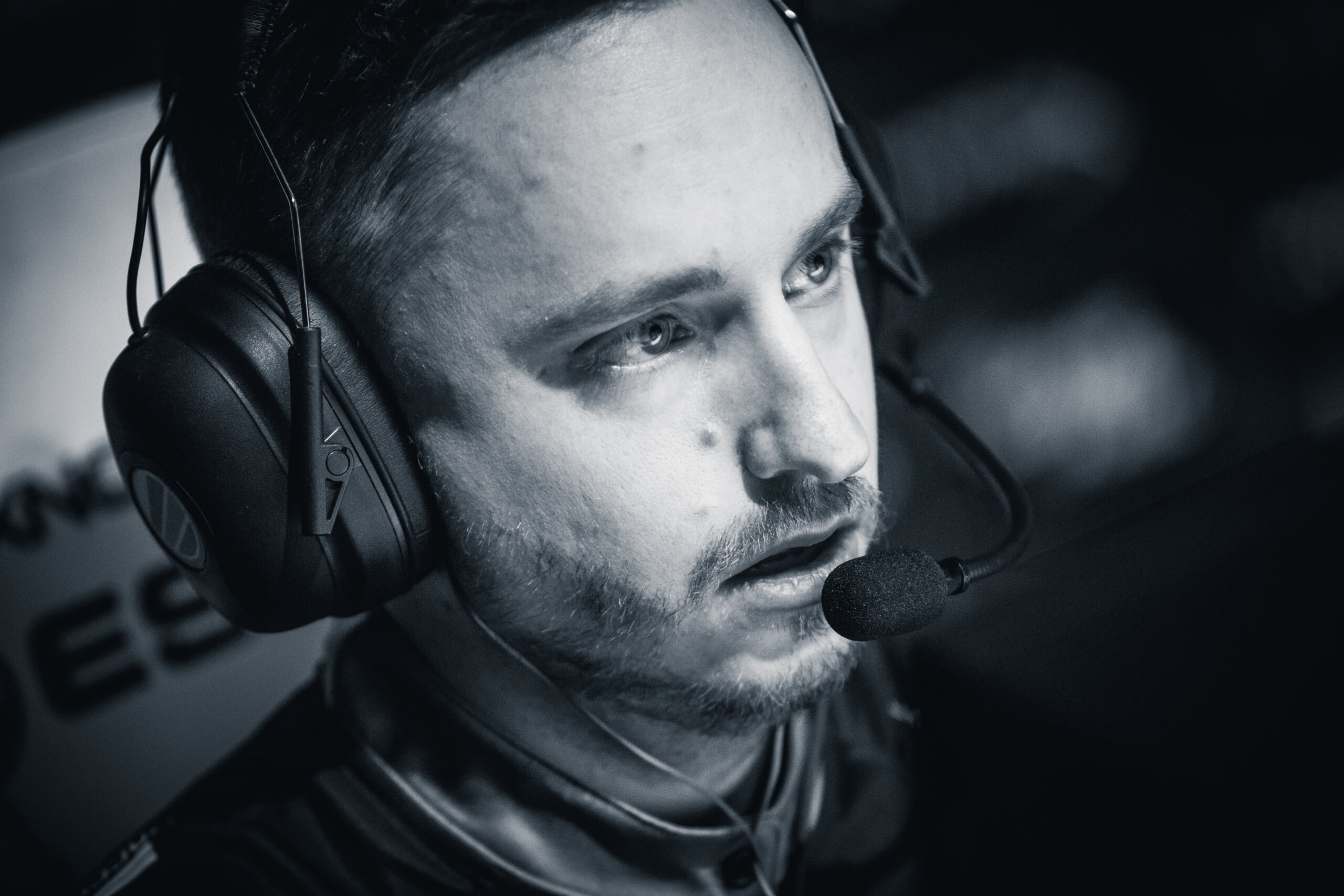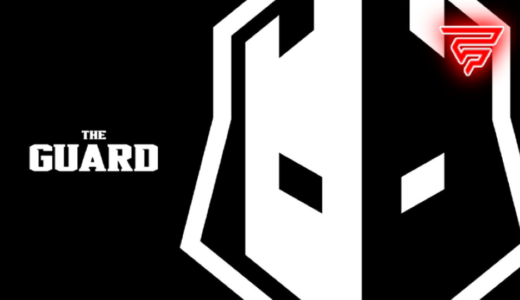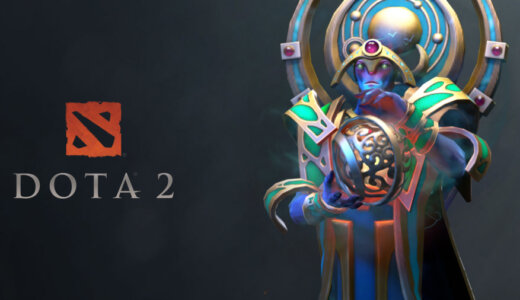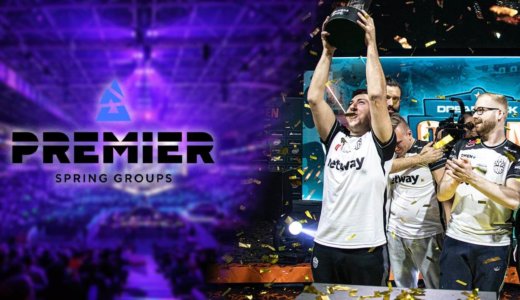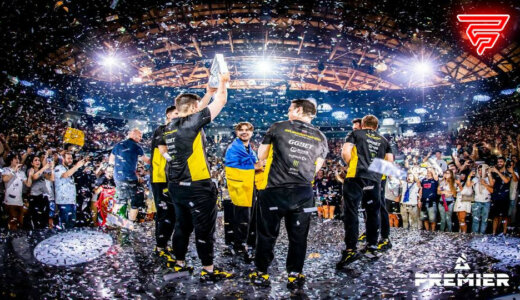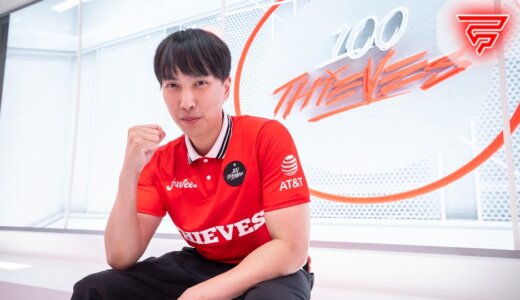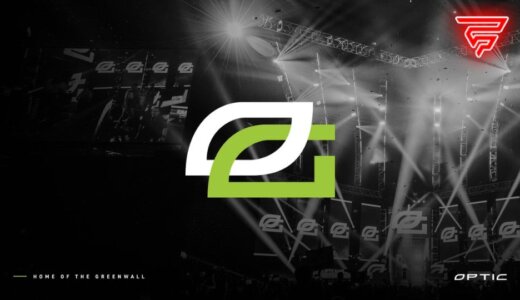This phenomenon is one of the strangest I’ve seen in this industry. People who get to do what thousands of others can only dream of, decide to all of a sudden retire at a very young age. Just several weeks ago, one of Dota 2’s most famous carry players, Anathan “ana” Pham, announced his retirement at just 21. Now, the famous CS:GO player Markus “Kjaerbye” Kjaerbye decided to do the same thing at 23. You might be thinking: what is wrong with these people? They’re living the dream, making fortunes, and then decide to put an end to their career one decade before they should. It’s unbelievable.
Burn out or Just a Lack of Resilience?
Esports is not easy. Of course, it’s easy to play a game, but it’s not easy to play it professionally. In the first case you do it casually, without any pressure of improving placed upon you. In the second case, you do it with the goal of constantly finding an advantage that you can exploit, a weakness in the other side’s strategy. Or, why not, one of your own. There’s no manual, no road map, just pure pioneering. It’s a battle against time, against yourself, and against the greatest competitors in the world. Without a doubt, it’s stressful.
We can only imagine how difficult it must be to stay on top by watching how top teams in CS:GO and League of Legends go from number 1 to mediocrity in a matter of months. Today you’re the champion of a great tournament and a month from now everyone is humiliating you. Obviously, pro players don’t forget how the game works in 30 days. But when you’re the best, everyone studies you, analyzes your replays and searches for weaknesses. Or for innovative tactics that counter what you enjoy doing most. So now you need to reinvent yourself by studying both yourself and your adversaries. It’s a neverending process.
The Burn Out Problem Is Real
Another thing to keep in mind is that being an esports athlete is not a 9 to 5 job. In traditional sports, you know for a fact that if you train for around 6 hours a day, you’re working hard. And you understand that others can’t train for much longer than 6 hours because they don’t have the physical energy for it. But in esports it’s totally different.
Here, because gaming is a primarily intellectual activity and a highly addictive one, you can compete against people who are both game addicts and ambitious individuals. Plus they’re really smart. These people can train for 80 – 100 hours per week. If you put in just 30, you simply cannot compete. It doesn’t matter how talented you are. When your opponents do more, you need to do more as well.
The Importance of Resilience
Given the fact that most people who play esports professionally don’t put an end to their careers prematurely, we must conclude that the ones who do are probably lacking in some departments. For sure, it’s a stressful job. But so is everything else that you attempt to do at a high level. If you don’t work hard, you won’t succeed.
In games like chess, people play professionally until around the age of 40. You might argue that CS:GO or Dota 2 are harder than chess, but I don’t think that’s true. They may have more elements, but the level of sophistication is comparable. So the idea that someone can no longer be as fast as before just because they’ve reached the age of 25 or 30 is mostly an illusion. What tends to decrease is a person’s motivation to get better and win, not their ability to think.
It’s hard to say what determined Kjaerbye to quit CS:GO. But it’s obvious what made ana take this decision: the inability to cope with failure. Some people find it difficult to admit defeat. And in esports, you simply cannot win every time. In fact, you’re lucky if you win from time to time. So if the only thing that brings you joy is victory, then you are guaranteed to quit much sooner than you should. Because you get mentally tested a lot more frequently than you would like. And those are the moments when you need to be honest with yourself and figure out if you really love what you do or just do it for superficial reasons.
Someone who loves an esport will play for the joy of discovery and improvement, not just for trophies. It really is fun to find new or improved ways of doing things, to master a hero or a champion, or to explore novel tactics with your teammates. Without that feeling of curiosity, you get tired of fighting in just a few years.
Photo credit: IEM|Helena-Kristiansson
